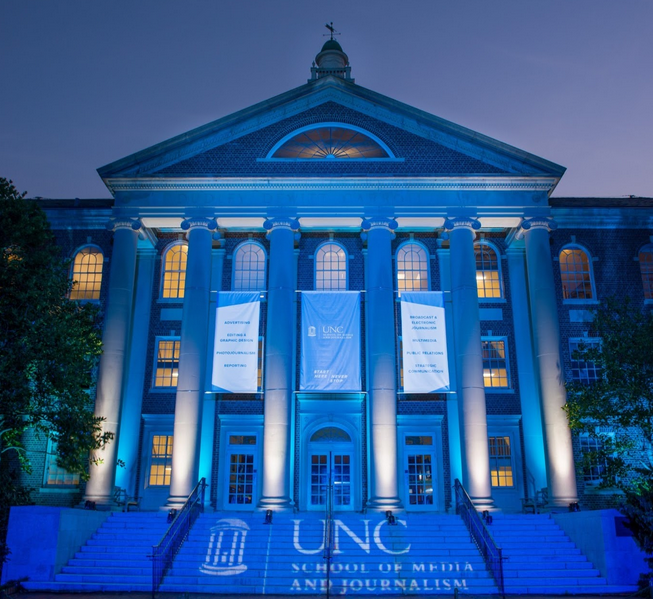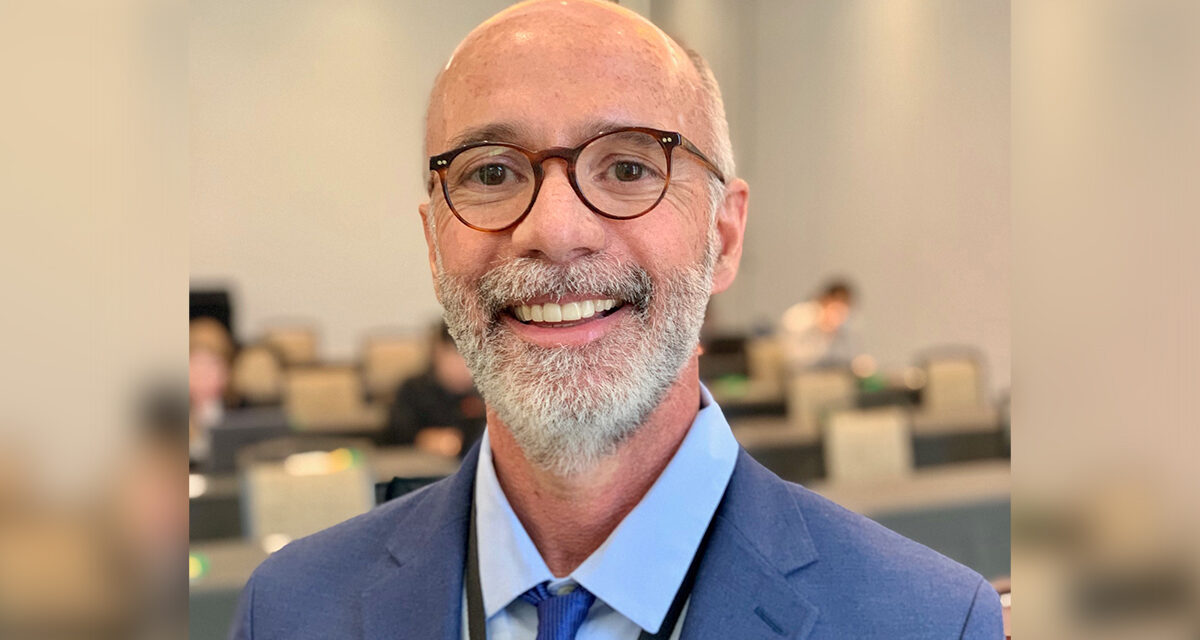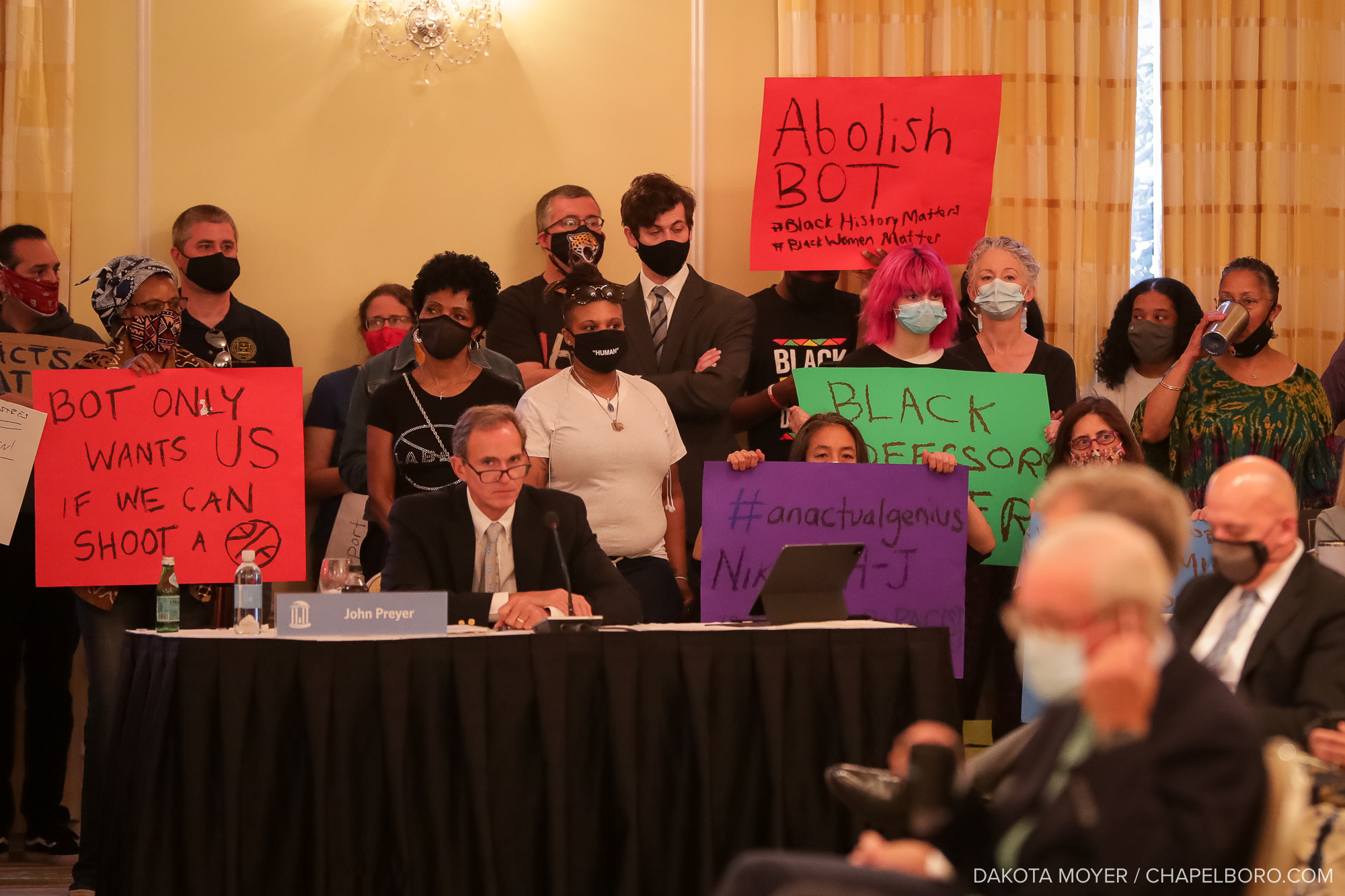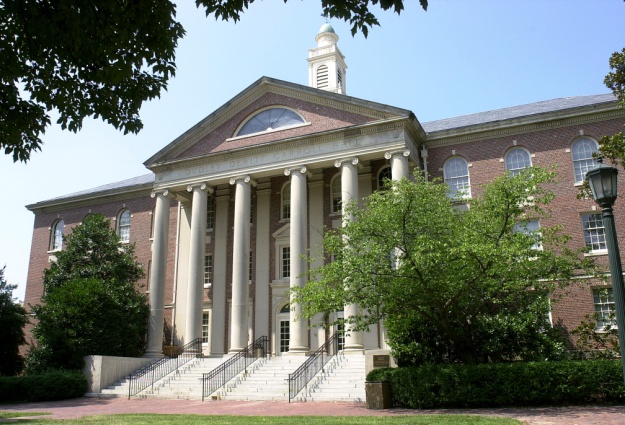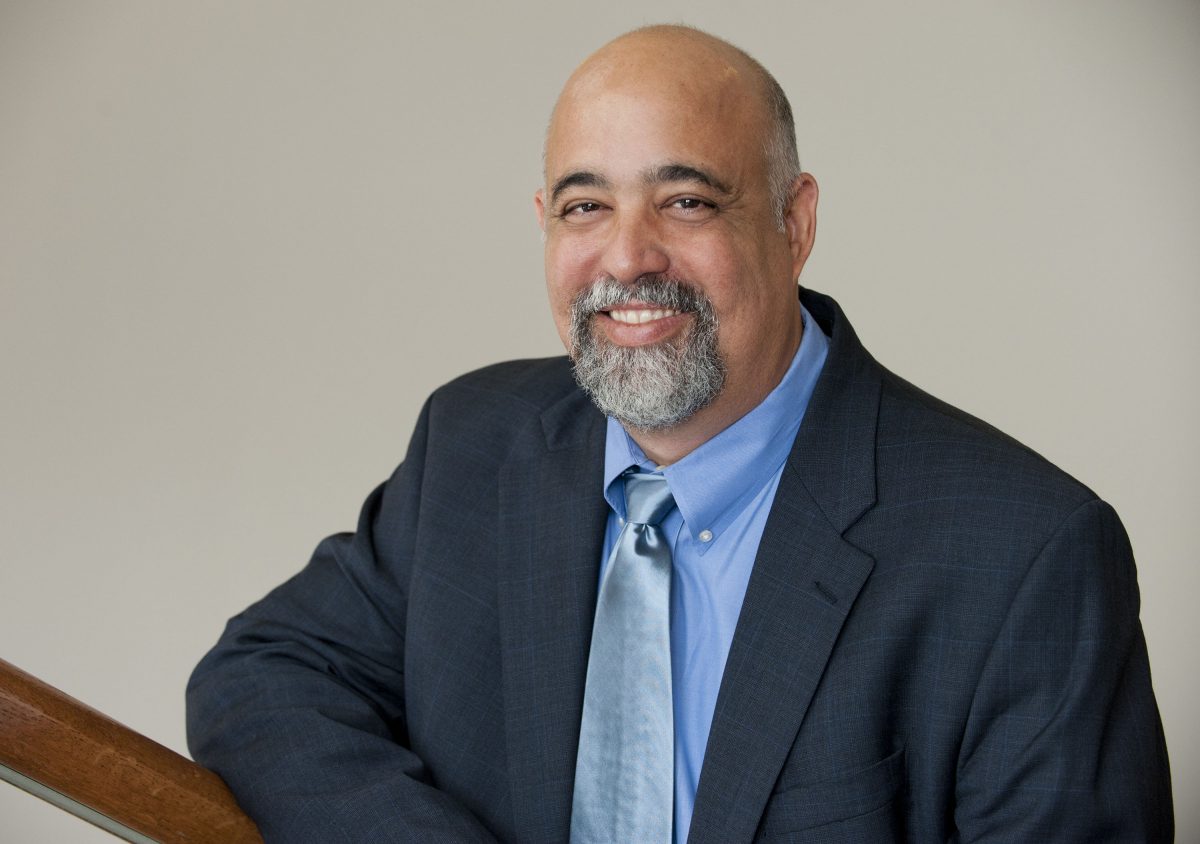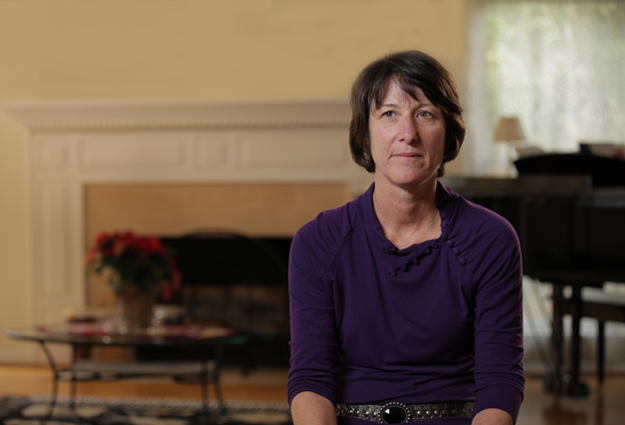A video montage posted online by Deadspin that shows anchors across the US all reading the same promo script went viral last month following a report by CNN’s Brian Stelter stating that Sinclair Broadcasting Group would be requiring all of its 173 local news stations to air the promo.
The promo anchors read states that they are “concerned about the troubling trend of irresponsible, one-sided news stories plaguing our country,” that “some media outlets publish ‘fake stories’ common on social media and that “some members of the media use their platforms to push their own personal bias and agenda to control exactly what people think.”
The deans of 13 journalism schools across the country, including the University of California-Berkeley and George Washington University, sent a letter of protest regarding the promo to Sinclair’s Executive Chairman, David Smith.
Dean of School of Media and Journalism at UNC Susan King wrote her own letter to Smith.
“I do think it’s very important at this time of great mistrust, not only in the media but in many institutions, that news organizations and corporations that are major players really do articulate their values,” King said in an interview. “So, I commended them for doing that. What I found troubling is they had their anchor folks in many different towns say, ‘Hi, we represent – and they would name their city,’ and then they would go on in those two [or] three paragraphs that were part of the viral video acting like all media was terrible, making sweeping generalizations.”
King said she thinks there is currently a lot of interest in Sinclair because of their merger proposal and because they already are one of the most robust owners of local television stations.
Sinclair Group is the largest owner of local television stations in the country and is currently waiting on approval from the FCC to merge with Tribune Media, bringing station ownership across the US to over 220.
According to King, stations being owned by corporations can be a plus.
“I think today people are quick to say, ‘Oh! The corporate types are telling me what to do'” King said. “If they are presenting values that you as a journalist are proud to be part of. then I have no problem reading them. What I find offensive is if they want you to do things that are politically motivated or to do opinion or really to take attacks on the media itself at this time of great mistrust. I don’t think it helps the industry or the news business if any journalist is constantly tearing down other journalists. There’s rules and room for criticism, leave that to the media critics.”
King said that Smith sent her a lengthy response and that he feels most of the deans are not listening or doing their homework.
“He feels like maybe he was unfairly criticized,” said King. “It’s a seven page letter with a number of links to various things they do at Sinclair, and I thought it was very commendable that he bothered to write back to me. I hope sometime I’ll get to meet him so we can really discuss some of the issues.”
President Donald Trump also responded to the viral video on Twitter, defending Sinclair Group by tweeting, “Sinclair is far superior to CNN and even more Fake NBC, which is a total joke,” and “So funny to watch Fake News Networks, among the most dishonest groups of people I have ever dealt with, criticize Sinclair Broadcasting for being biased.”
As for journalism students graduating from the UNC School of Media and Journalism, King said the school is training their young journalists to be brokers of the conversations in their community, not to be opinion leaders.
“We are trying to train beginning journalists to go out there and be journalists who tell the story from not their point of view or what they believe but with as many facts and including all the different points of views so that the audience can make up its own mind. I believe and I believe our journalism professors are teaching that the role of the journalist is to help the public make it’s decision to really hold its leaders accountable,” King said.

